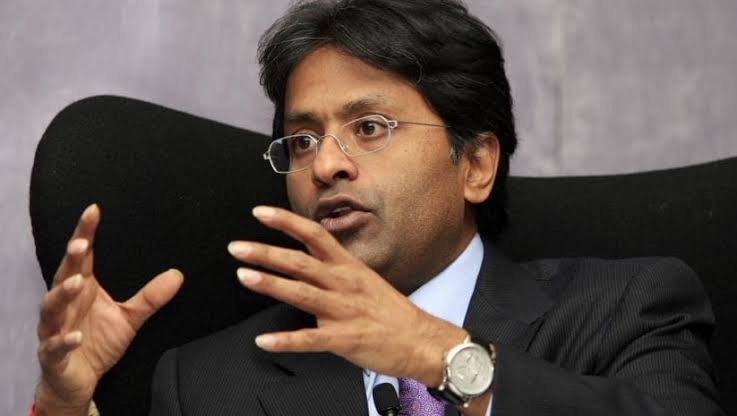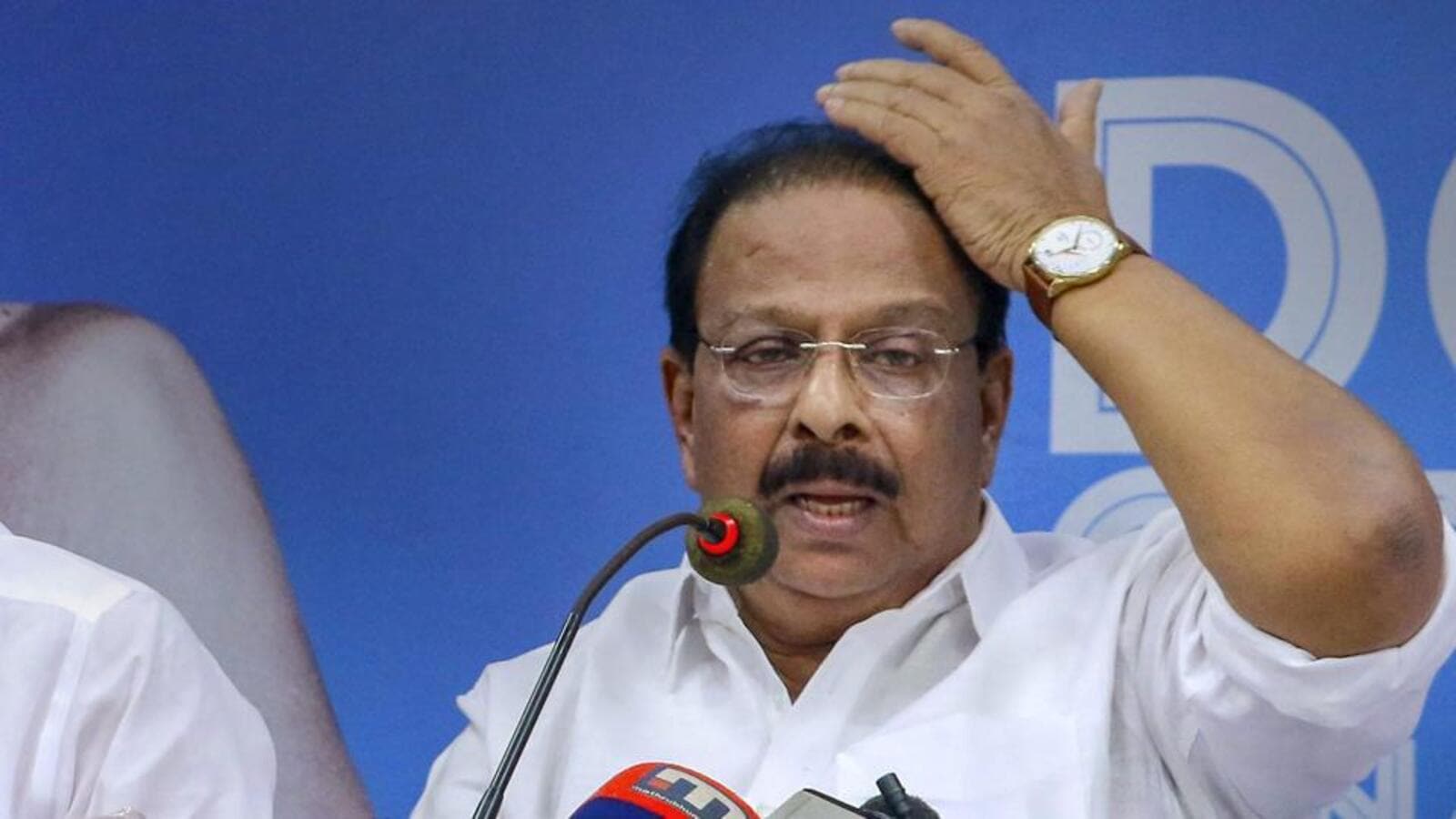A New Vision for Bengaluru’s Traffic Woes
Bengaluru, often celebrated as India’s Silicon Valley, has long been haunted by the persistent challenge of urban traffic congestion. With an ever-growing population and a booming IT sector, the city’s roads have reached a saturation point, making daily commutes both time-consuming and stressful. In a bold move to address these issues, Karnataka Deputy Chief Minister D K Shivakumar has defended a pioneering infrastructure project that proposes the construction of tunnel roads. By channeling traffic underground, this project is presented as a strategic and economically viable alternative to traditional road widening—a process estimated to cost a staggering Rs 3 lakh crore.
The Tunnel Roads Proposal: Rethinking Urban Infrastructure
At the heart of this initiative is the belief that the conventional method of road widening is neither practical nor sustainable in today’s urban landscape. Instead, the government is turning its focus to developing underground tunnels that would divert vehicular traffic from the congested surface streets. This method not only circumvents the massive expenses associated with acquiring land and demolishing existing structures but also aims to preserve the urban aesthetic and minimize disruptions to daily life.
Shivakumar’s defense of the project rests on a firm economic rationale. The exorbitant cost of widening roads poses a significant challenge in a city where space is limited and real estate prices are high. Tunnel construction, despite its technical complexities, offers a way to optimize land use while simultaneously addressing the mounting congestion problems.
Key Corridors: Hebbal-Silk Board and K R Puram-Mysuru Road
The proposed tunnel roads are set to transform two of Bengaluru’s busiest corridors:
Hebbal to Silk Board: This north-south corridor is a vital artery that connects the commercial hubs in the northern part of the city with the dense residential and business districts in the south. The proposed tunnel is expected to cut down on travel time significantly, alleviating the pressure on surface roads.
K R Puram to Mysuru Road: Acting as an essential link between the east and west of Bengaluru, this route is notorious for heavy traffic and frequent bottlenecks. A dedicated tunnel here could not only ease congestion but also boost connectivity between key economic zones.
These strategic corridors have been chosen for their potential to offer the most significant impact in reducing surface-level traffic, thereby making daily commutes smoother and more efficient.
Economic and Environmental Rationale
One of the central arguments for adopting tunnel roads is the economic efficiency it offers. Traditional road widening requires vast financial resources—not only for construction but also for the consequential land acquisitions and relocations. In contrast, tunnel construction, though initially capital-intensive, promises long-term savings through reduced maintenance costs and minimized disruptions.
Moreover, there is a strong environmental incentive behind the project. Prolonged idling and stop-and-go traffic contribute significantly to air pollution and elevated carbon emissions. By facilitating a more streamlined flow of vehicles, the tunnel roads could help lower emission levels, thus contributing to improved urban air quality. This approach aligns with broader sustainability goals and reflects a commitment to preserving Bengaluru’s ecological balance.
Addressing Challenges and Public Concerns
No infrastructure project is without its hurdles. Critics of the tunnel roads initiative have pointed out potential challenges such as engineering complexities, ventilation issues, and the ever-present risk of water ingress in underground structures. These technical concerns, coupled with the high expectations of the public, necessitate a robust and transparent planning process.
Moreover, public opinion remains divided. While many applaud the innovative approach, others—especially political opponents and civic activists—express skepticism over potential cost overruns and unforeseen delays. Addressing these concerns will require rigorous feasibility studies, phased construction plans, and continuous engagement with the community to build trust and ensure accountability.
The Road Ahead: A Vision for Sustainable Urban Mobility
Looking forward, the tunnel roads project embodies a transformative vision for Bengaluru’s future. It is more than just a method to clear traffic—it represents a shift towards sustainable urban planning that leverages modern engineering to overcome traditional constraints. If executed successfully, the project could serve as a model for other rapidly growing cities facing similar infrastructural challenges.
Deputy CM D K Shivakumar’s staunch defense of the project highlights the government’s commitment to innovative solutions that balance economic feasibility with long-term benefits. The vision is clear: by embracing underground infrastructure, Bengaluru can not only address its current traffic woes but also set the stage for a more resilient and future-ready urban ecosystem.
Embracing Innovation for a Smoother Tomorrow
In a city where every square meter of space is precious, the decision to invest in tunnel roads marks a significant departure from conventional road expansion strategies. By choosing this path, Bengaluru is poised to redefine urban mobility while managing costs and preserving its urban heritage. Although challenges remain, the potential rewards—reduced congestion, improved air quality, and enhanced connectivity—make this project a compelling proposition for the city’s future.






